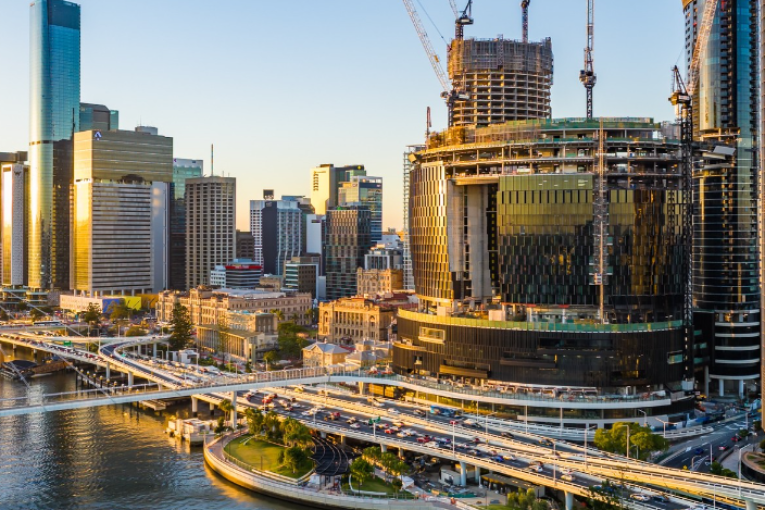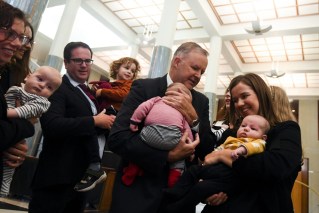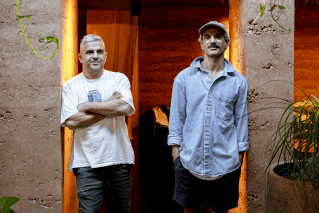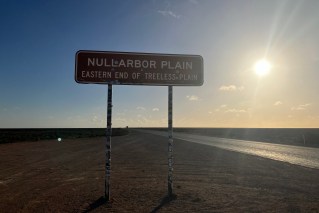Coal comfort: Politics and economics are still trumping climate change
Given that Clive Palmer’s planned coal project in central Queensland is now, at least unofficially, dead, we are getting a clearer picture of what sort of projects are no longer acceptable to state and federal Labor governments.

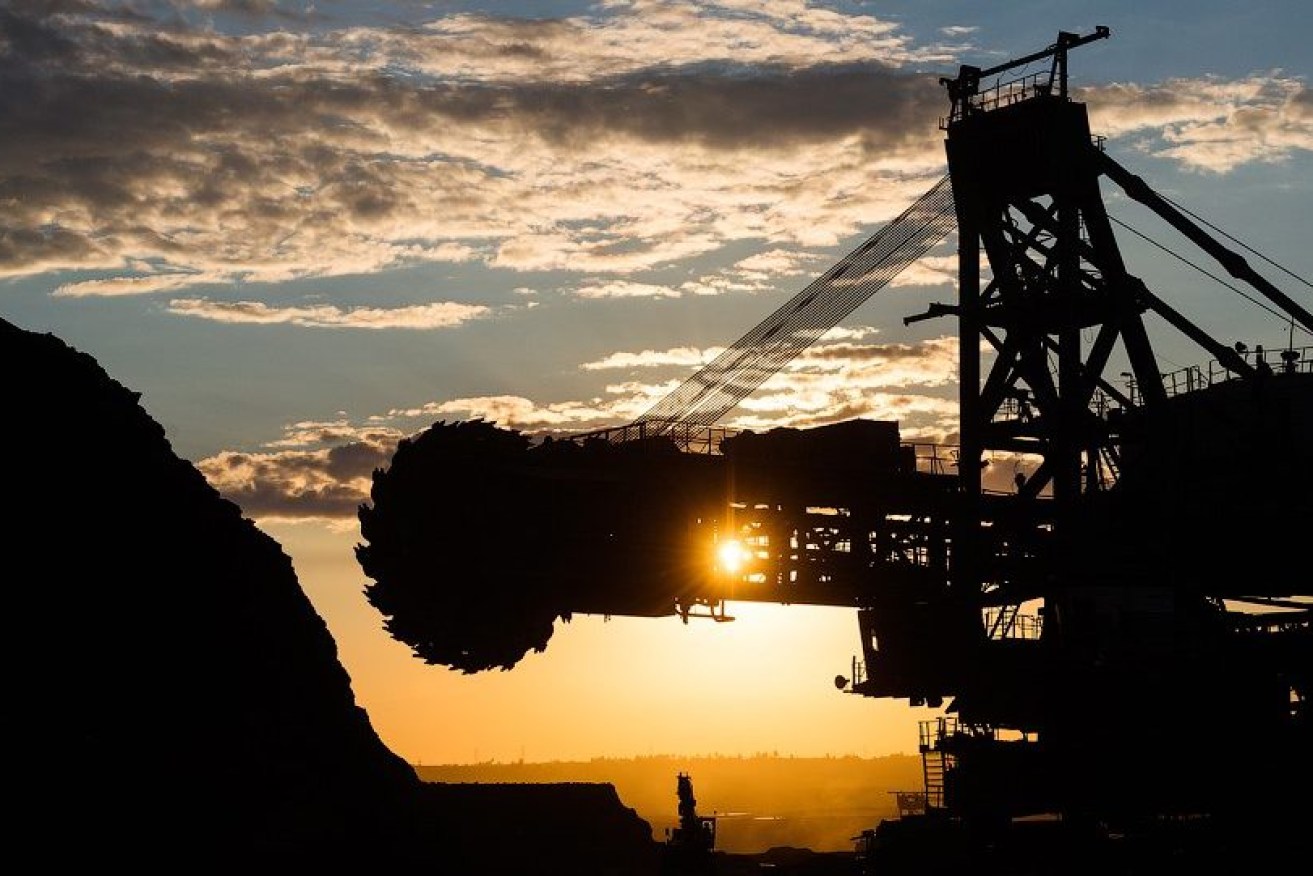
But there is still a thick haze over the resources sector. There is conflict everywhere over coal and gas and whether the commodities have a future in Queensland and Australia.
And waiting in the wings for Government approval is more than $4 billion in coal projects in Queensland that will be politically, economically, socially and environmentally crucial.
We can assume from the battles that have been waged against Adani, New Hope and Palmer that anything to do with thermal coal, used in electricity generation, is tenuous and metallurgical coal is acceptable, even though they both produce CO2.
But the State Government, through its ownership of the generator companies, Stanwell and CS Energy and their coal fired power stations which use thermal coal, is one of the biggest emitters of CO2 in Australia, so it’s difficult to understand how Labor can be so self-righteous about it.
But there we are. We have to accept that there are economic and political imperatives that trump environmental ones. The problem is no one knows the point where one trumps the other.
Just what is now acceptable is a big question because recent events show very clearly that it will take a long time to wean the Federal and State governments off the massive revenue and security they receive from gas and coal.
That was highlighted yesterday when it was revealed that Australia’s trade surplus for June was a massive $17 billion. Coal exports in June were about $14.4 billion and $113 billion for the year. Gas exports more than doubled to $88 billion in the year.
That’s obviously a huge boost to the Federal Government in terms of corporate tax and economic growth, but also to the state governments in terms of royalties and payroll tax.
As Morgan’s economist Michael Knox has pointed out, the trade surplus is going a long way to keeping Australia out of recession.
Other economists estimated that the export boom could add at least 1 per cent to GDP.
The Queensland Government is also bragging about exports doubling in 2021-22, totalling $116.8 billion – the highest on record and coal, gas and agriculture were a major part of that, mostly through elevated prices rather than volume.
Pushing against that is the Greens and the very clear electoral success in Queensland. It has never been more evident that voters want action on climate and the Federal Government’s legislation on curbing emissions doesn’t resolve that issue.
It is obvious to anyone who looks that the climate war is a long way from over.
Adding to the issue is the current energy crisis gripping eastern states, caused in part by the breakdown of coal fired power stations and the inability of the renewables sector to fill the breach.
It would be a brave Government that would kill off coal and gas with that threat still hanging over the nation.
What we do know from yesterday’s unofficial kyboshing of Clive Palmer’s central Queensland coal project is that anything that can be judged as close to the Great Barrier Reef appears to be out. You may remember the reef was a key part of the war waged against Adani, as well.
Although Palmer’s project is a fair way inland and a long way from the reef itself, it is near the Great Barrier Reef Marine Park and the Queensland Department of Environment and Science effectively knocked it on the head last year on the grounds that the environmental risks were “significant”.
Palmer has another coal project, near Alpha, and last year he tried to get a coal-fired power station that would use its coal through the local council approvals. That has since been called in by the State Government.
It’s hard to see how that power station would be approved given the Government believes that any new coal fired power station would mean the closure of an existing one.
New Hope’s Acland expansion project is still waiting for a mining lease after more than a decade of trying. It earned an environmental approval from the State Government recently, but the mining lease is crucial.
The approval go-slow for the New Hope project looks very similar to the one Adani suffered and it should be pointed out that the company has engaged in political campaigns against the State Government as did Adani and Palmer.
Adani approval only came after Labor’s drubbing in the 2019 federal election. So it was politics that finally got it over the line.
Added to this is more than $4 billion in coal projects going through the Co-ordinator General approval process.
They are BMA’s $1 billion Blackwater South metallurgical coal mine, Whitehaven’s $1 billion Winchester South coal project and Glencore’s $1.5 billion Valeria coal project. New Hope’s Acland project was last estimated at another $900 million.
How those projects are treated will give the mining sector a better understanding of what will get approvals and what won’t.
The Government has talked about how coal and gas projects have to stack up environmentally and financially, which is fine, but it needs to spell out exactly what that means.
